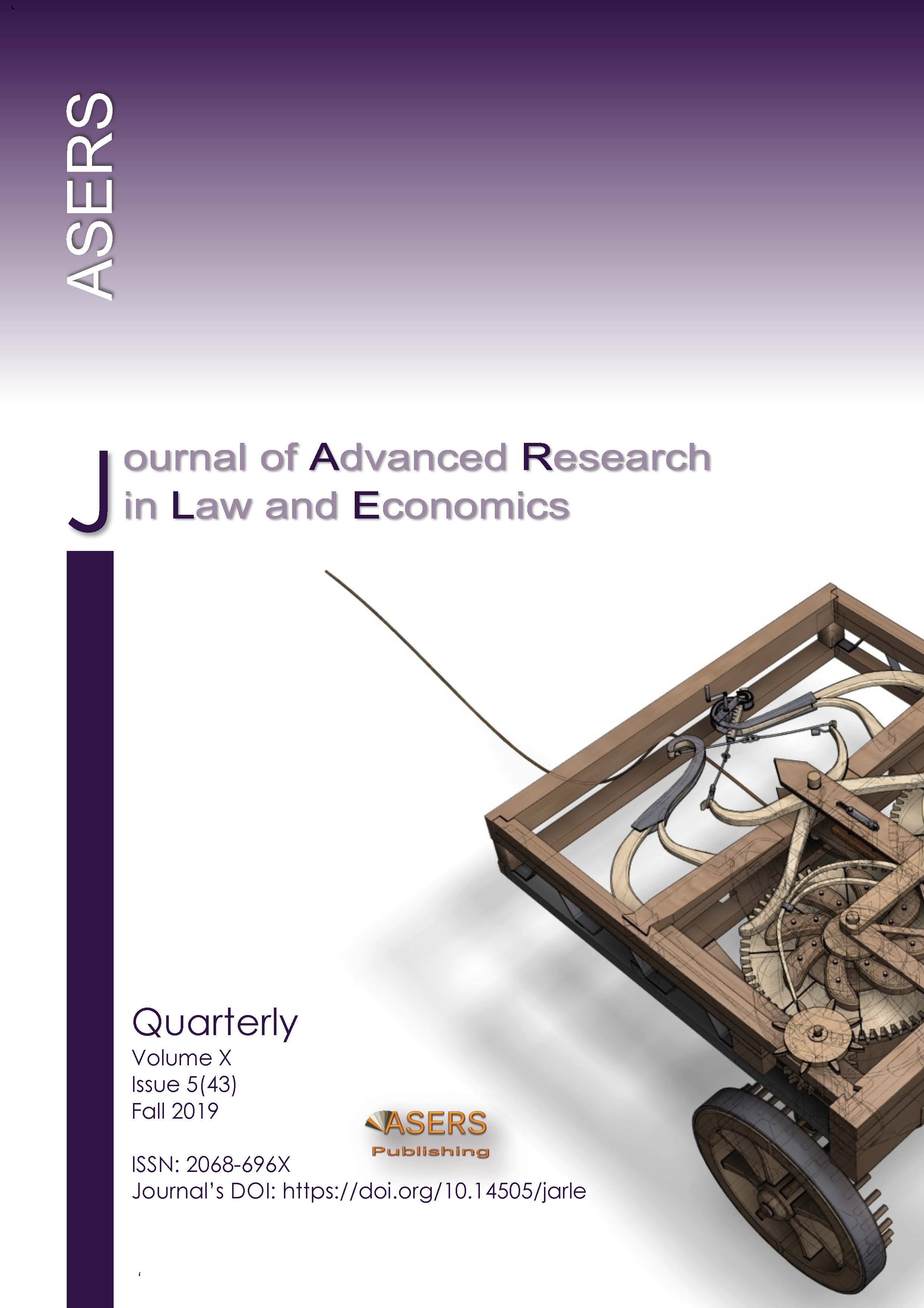Blockchain Technologies for Electronic Voting: Legal Aspects
Blockchain Technologies for Electronic Voting: Legal Aspects
Author(s): Roman Amelin, Sergey CHANNOV, Maria LIPCHANSKAYA, Olga TSYBULEVSKAYA, Tamara ZAMETINASubject(s): Law, Constitution, Jurisprudence, Electoral systems, Corruption - Transparency - Anti-Corruption
Published by: ASERS Publishing
Keywords: the right to elect; digital technologies; electronic voting; law transformation; blockchain; electoral disputes;
Summary/Abstract: The article is devoted to the possibilities of using electronic voting during elections in Russia and other states. The purpose of the study: to identify modern digital technologies that are appropriate to use when conducting elections and how their use can affect election legislation. Research methods: formal-logical (description, comparison, classification, analysis and generalization), comparative legal, historical. Results of the study: (1) the requirements are established that these digital technologies must meet to ensure the objectivity of voting (the universality of the transition to electronic voting; the possibility of multilevel control over the results of voting; the variety of forms of access to the information system of remote voting; personalized registration of votes when it is possible to verify the correctness of their counting; the possibility of proving the incorrectness of counting votes and contesting the results of voting); (2) it is concluded that all these requirements can be realized within the information systems created on the basis of blockchain technology.
Journal: Journal of Advanced Research in Law and Economics (JARLE)
- Issue Year: X/2019
- Issue No: 43
- Page Range: 1382-1389
- Page Count: 8
- Language: English
- Content File-PDF

